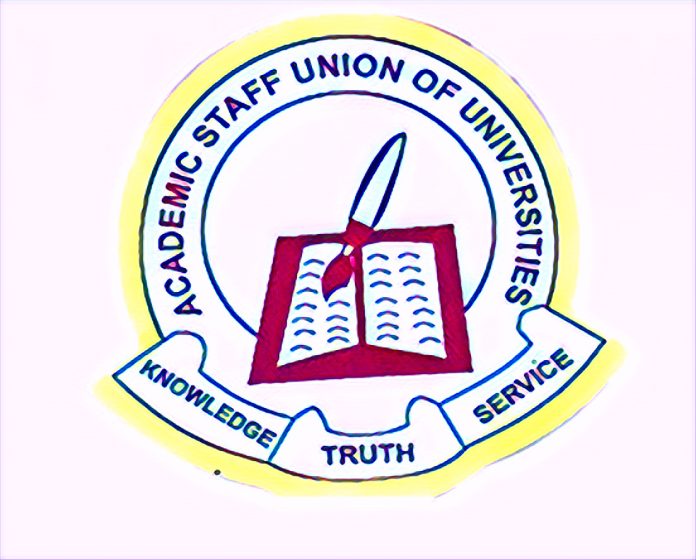KEY POINTS
- ASUU opposes IPPIS removal, citing salary verification issues.
- CONUA demands withheld salaries be paid, following court ruling.
- Both unions await upcoming negotiations with the Federal Government.
The Academic Staff Union of Universities (ASUU) has expressed opposition to the Federal Government’s recent decision to remove tertiary institutions from the Integrated Personnel and Payroll Information System (IPPIS).
This development has however raised new set of issues in ASUU as regards the establishment’s verification of salaries paid to workers and the affront on university’s autonomy.
On Monday, an online report quoted the Office of the Accountant General of the Federation (OAGF), confirming that the IPPIS system for federal tertiary institutions would be deactivated following government directives. However, ASUU maintains that this change is far from complete.
ASUU’s reaction
Prof. Emmanuel Osodeke, the national president of ASUU, contended that the government’s direction is just a misinterpretation of the terminology.
He underlined that the system still requires salaries to be submitted to IPPIS for verification prior to payment, even in spite of statements that universities have been removed from IPPIS. Osodeke thinks that this procedure can make things more difficult for the universities.
“As a union, we cannot tolerate it,” Osodeke said. IPPIS still confirms our salaries even when the system indicates elimination. More than 300 institutions would have to submit salary information for verification. This strategy compromises our independence.
IPPIS has been consistently rejected by ASUU complaining that the policy violates the University Autonomy Act and lacks provisions like promotion and responsibility.
The union’s alternative, the University Transparency and Accountability Solution (UTAS), was proposed but has not been adopted by the government.
CONUA’s call for action
Meanwhile, the Congress of University Academia (CONUA) has also voiced its grievances.
On Monday, the union demanded the immediate release of its members’ withheld salaries from the three and a half months during which ASUU embarked on an industrial strike.
CONUA members did not participate in the strike, yet their salaries were withheld, violating a July 2023 National Industrial Court ruling that affirmed CONUA as an independent union.
According to Punch, Dr. Niyi Sunmonu, CONUA’s National President, urged the Federal Government to respect the ruling and restore withheld salaries.
Sunmonu added, “Lumping together those who went on strike with those who did not is unjust and goes against the Trade Disputes Act.”
Future negotiations
Conversely, ASUU is getting ready for significant talks with the federal government, including talks to renegotiate the 2009 accord.
Depending on how these negotiations turn out, the union is cautiously optimistic but has not completely ruled out the prospect of additional industrial action.
“We are waiting for our meeting with the government, where we will know whether there will be a strike or not,” Osodeke said in a recent interview. We are counting on a successful outcome.
It is evident from the ongoing debates that ASUU is adamantly opposed to IPPIS and is advocating for a more independent structure to oversee university salaries.
The two unions stand to lose a lot, and the outcome of the next negotiations could greatly define the extent of functionality of tertiary institutions in Nigeria.



